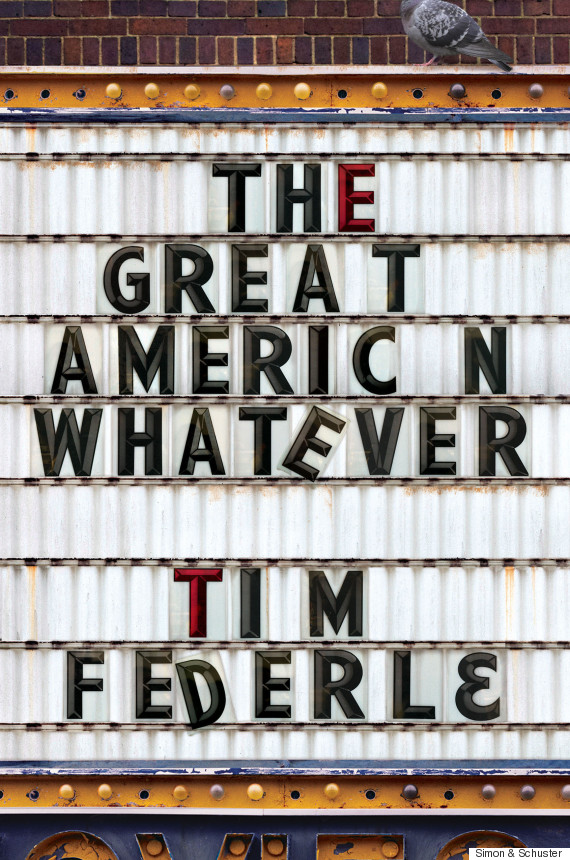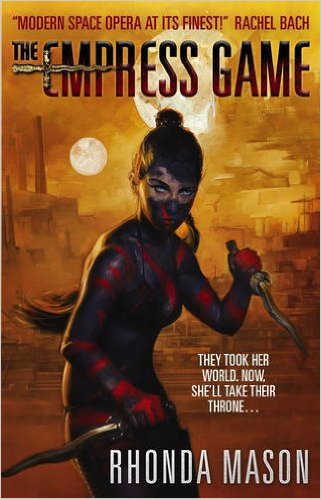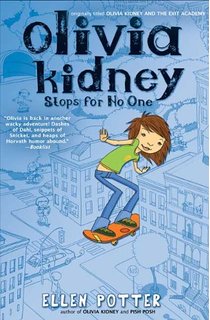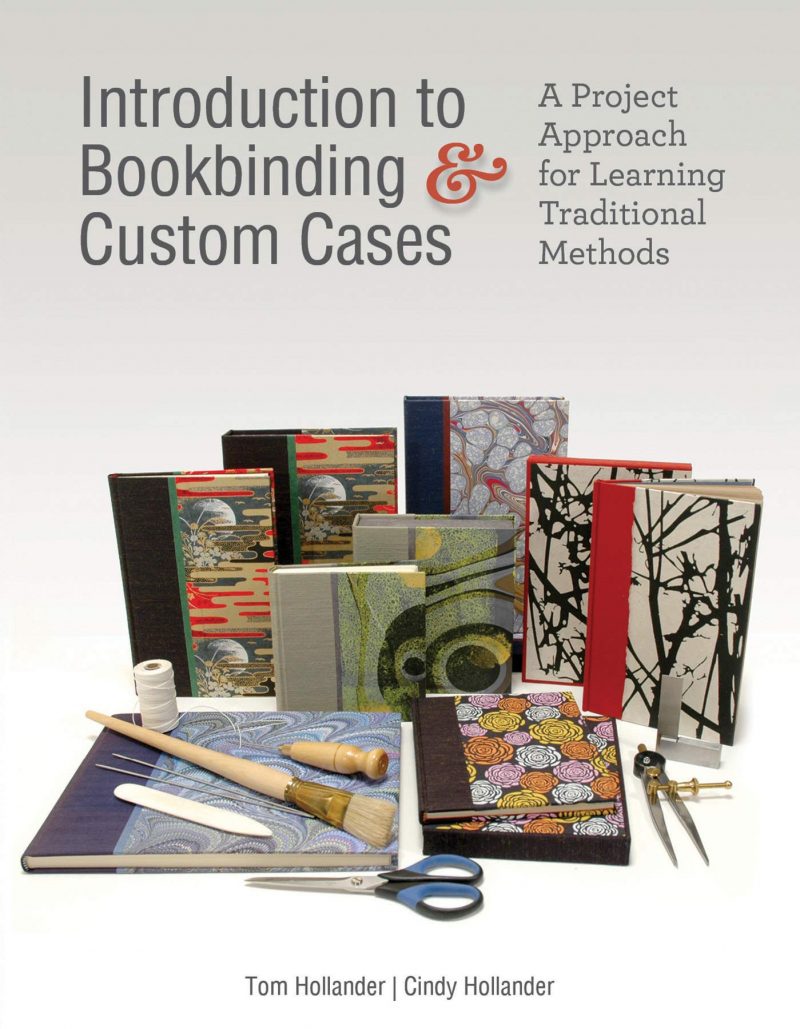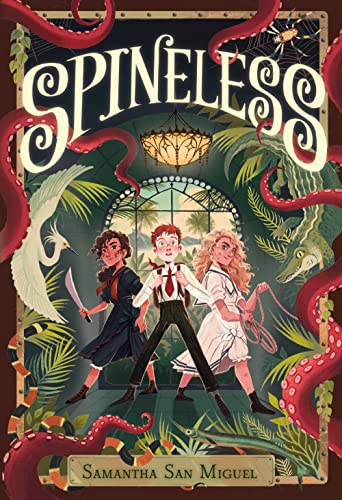Quinn Roberts’s life is thrown completely off course when his older sister Annabeth is killed in a car accident. As in – he doesn’t turn on his phone or go to school or even leave his house for six months. His mother isn’t faring any better, and his father left a long time ago. But this summer, his best friend Geoff is determined to pull Quinn out of his funk (as much as possible, anyway), and it all starts with a college party and a cute guy. Maybe this is what he needs to get him out of the house. Maybe it’s what he needs to start writing scripts again – except that’s what he and Annabeth always used to do together.
Author Tim Federele, known primarily for his middle-grade novels, establishes his prowess in this YA debut. He quickly endears his cast of characters to the reader, and his portrayal of grief is both sweet and devastating. This book is already garnering a lot of buzz, and I think that it will find a special place in the hearts of many readers.
But, for me, the question comes down to: how interested are you in yet another book about a white teenage boy who is precious about his obsession with filmmaking (and really sticks to just big, white classics as his favorites)? If your answer is, “I’m at least mildly interested, if not wildly enthused, about another one of these stories,” then you really should read The Great American Whatever. Federele is an excellent writer. His characters and their pain feel real. The relationship between Quinn and Amir is probably the only one I’ve ever read in YA that actually resembles the teenage romantic escapades of my male gay friends in high school. The book is honest, surprising, and touching. Quinn is poor and gay, and his love interest, Amir, is Iranian-American – so the story isn’t told entirely from a pinnacle of privilege. And you know what – it’s way better than Me, Earl, and the Dying Girl, of the same genre.
But if your answer is, “You know, I’ve heard that one before,” then this book holds no new horizons for you. I’m glad that it exists, because it is of the caliber of book that could be meaningful to some teens who need it most, and even though I didn’t feel that it had much new to say – books don’t always have to say something “new” to be meaningful to their readers.
A copy of this book was provided by the publisher for review.

